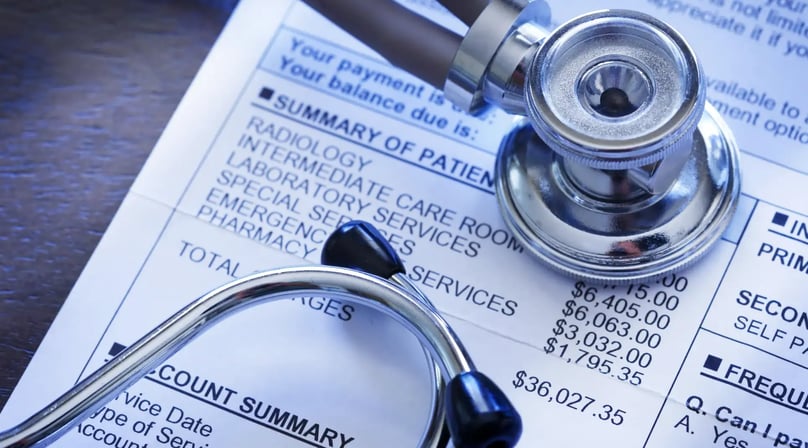Losing a loved one is no doubt one of life's most challenging experiences, made even more arduous when surviving partners are left trying to navigate not just their grief but also the financial fallout that comes with unpaid medical bills. According to a recent report by the Consumer Financial Protection Bureau (CFPB), surviving partners average roughly $28,749 in unpaid medical debt, compared to $15,785 for other individuals.
This reality creates a myriad of issues to juggle during a period of emotional upheaval, yet there are protections and avenues to negotiate these fiscal calamities. In some cases, no obligation to pay the debt may even exist. Ordinarily, the deceased person's estate settles their medical bills, leveraging their assets to clear outstanding debts while any remaining resources are transferred to the beneficiaries.
Under federal law, the onus for settling a deceased's medical bills falls to their estate. While some exceptions exist where spouses or family members may be held accountable for these costs, there are multiple layers of legality that punctuate this rule.
At the federal level, survivors are typically not responsible for deceased spouses’ medical debts, barring a legal agreement stating otherwise. However, there are several instances where one might end up paying for these costs. In some states, for example, due to community property laws, spouses are required to take on each other's debts, including medical expenses. This obligation extends to equally sharing their collective debt.
Furthermore, filial responsibility laws in certain states may put adult children in the position of needing to cater to some of their parents' financial necessities. Alternatively, the necessaries statute implies that parents and spouses might be financially responsible for essential expenses, like medical bills. In addition, if an agreement is signed with a hospital or care provider to cover any expenses beyond insurance coverage, the signee becomes legally responsible for these costs.
Debt collectors can only legally converse with the estate's executor and the surviving spouse concerning the deceased's medical bills. Yet, survivors should be aware that during such emotionally fraught periods, some debt collectors may exceed legal boundaries. In such situations, knowing one's legal rights strengthens the survivor's ability to navigate these tricky waters.
Being cautious around admission forms at hospitals is also key, as these can sometimes contain clauses that mean family members become liable for the deceased's medical bills. If you've signed power of attorney, be sure to denote that when you sign documents.
Debt collectors are obligated to provide detailed information concerning the debt within five days of reaching out to you, and if they disregard this, they may be attempting to deceive or exploit you. Requesting written verification of the debt and consulting with a legal expert before making any payments is advisable.
While it's daunting to manage existing bills after a loved one's death, know that you don't have to do it alone. Many resources offer legal advice either free of cost or at low cost. Furthermore, while there may be instances where you are legally obligated to bear a deceased person's debt, always ensure you have written verification and seek legal counsel if you're uncertain.

